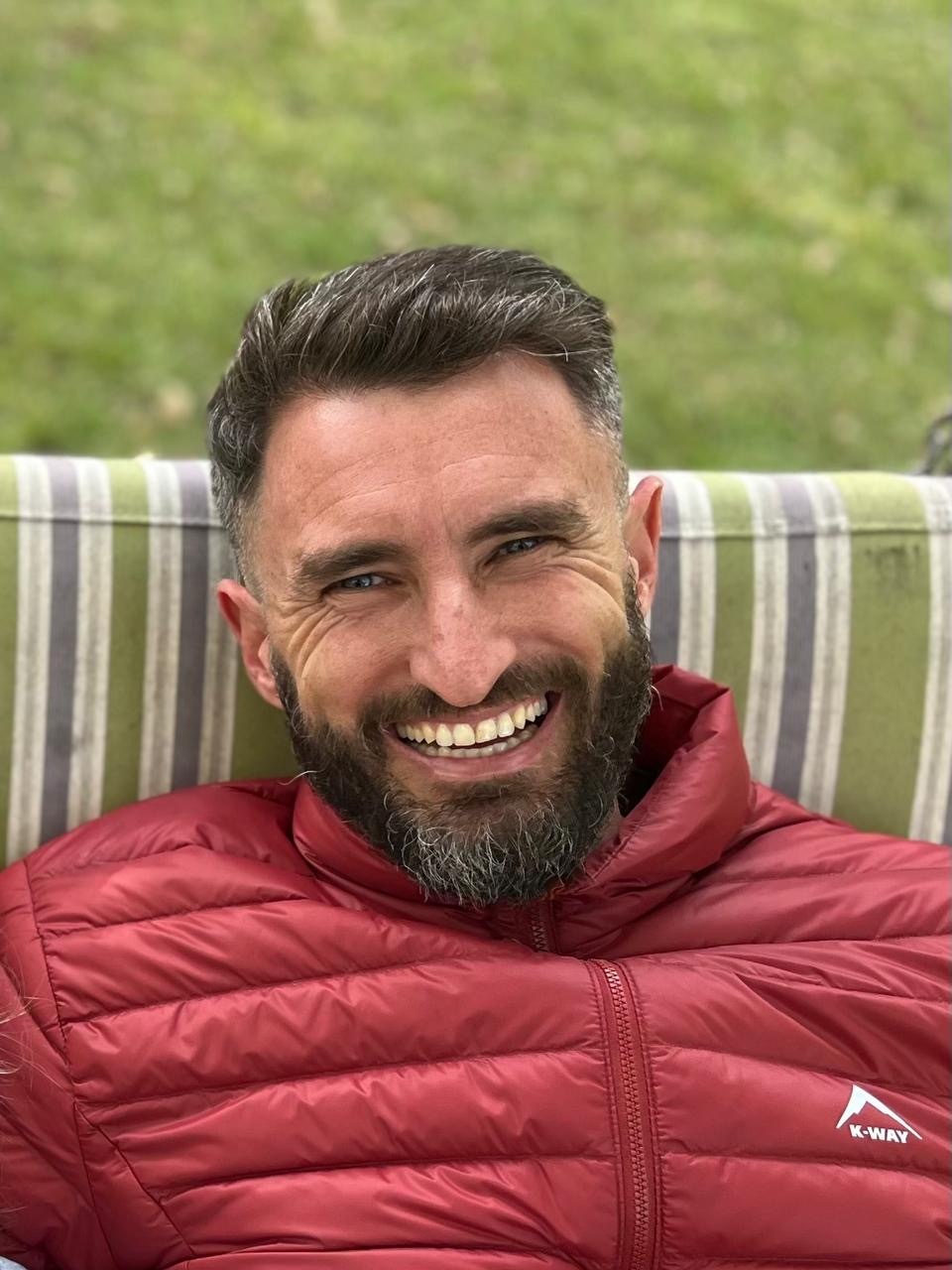A Personal Reflection on My Journey with Burnout and Depression
Mental health is often underestimated until it becomes impossible to ignore. For a long time, I believed I was unbreakable—someone who could push through any challenge, having performed at an elite level on the sports field. But in the blink of an eye, everything changed, and I learned just how fragile my mental health really was.
A Day of Realisation
February 8th, 2024, is a day I’ll never forget. It was the day my world broke—both literally and metaphorically. I found myself at a breaking point, physically and emotionally exhausted, standing in the wreckage of my kitchen, feeling utterly overwhelmed. I couldn’t do it anymore. I had pushed myself too far for too long without realising the cost. It had taken months of ignoring the warning signs before I admitted that I needed help. The hard truth was, I couldn’t face this alone anymore.
That moment was a wake-up call. It was a pivotal point where I realised that reaching out for support wasn’t a sign of weakness, but an essential step toward healing.
On that same day, I took the first steps toward recovery. I reached out to my psychologist, who guided me toward understanding the depth of my burnout and depression. Following that, I visited my GP, and after a thorough discussion, I was admitted to Hillcrest Private Hospital under the care of a psychiatrist. It was a difficult decision to make, but it was the right one for myself and my family.
I am only at the beginning of my recovery journey but I had had some clear realisations and takeaways that I would like to share:
Key takeaways:
- Mental health can affect anyone
I once thought mental health challenges were something that only others experienced, or perhaps people who weren’t strong enough to handle pressure. But burnout and depression don’t discriminate. Even those who seem invincible on the outside can face significant mental health struggles. - Recognising the signs is crucial
It took me a long time to recognise the subtle signs of burnout creeping in. Ignoring the feeling of constant exhaustion, the overwhelming anxiety, and the physical symptoms was a mistake I regret. The lesson here is that awareness and early intervention are key. Listening to your body and mind, and acknowledging when something is wrong, can make all the difference. - Seeking help is a sign of strength, not weakness
Asking for help is not a sign of failure; it’s a step toward recovery. I had to let go of the idea that I could do everything on my own. Whether it’s a friend, family member, or mental health professional, reaching out for support is vital. There’s strength in vulnerability and acknowledging that we need help is an important step in regaining our well-being. - Taking care of your mental health is a long-term commitment
Healing from burnout and depression isn’t a quick fix. It requires ongoing care, patience, and understanding. I’ve learned that mental health needs to be prioritised, just like physical health. Regular therapy, medication when necessary, and taking time to rest and recharge are all part of the process.
A New Perspective on Mental Health
Since that day, my life has changed in many ways. I’ve come to appreciate the importance of mental health awareness and the need for open conversations about it. No longer will I shy away from acknowledging my struggles, and I encourage others to do the same. Mental health is just as important as physical health, and it deserves the same level of attention and care.
If you’re reading this and find yourself in a similar position, please know that you are not alone. It’s okay to admit that you’re struggling, and it’s okay to seek help. Your well-being matters and taking that first step toward recovery is something to be proud of.
 "
"